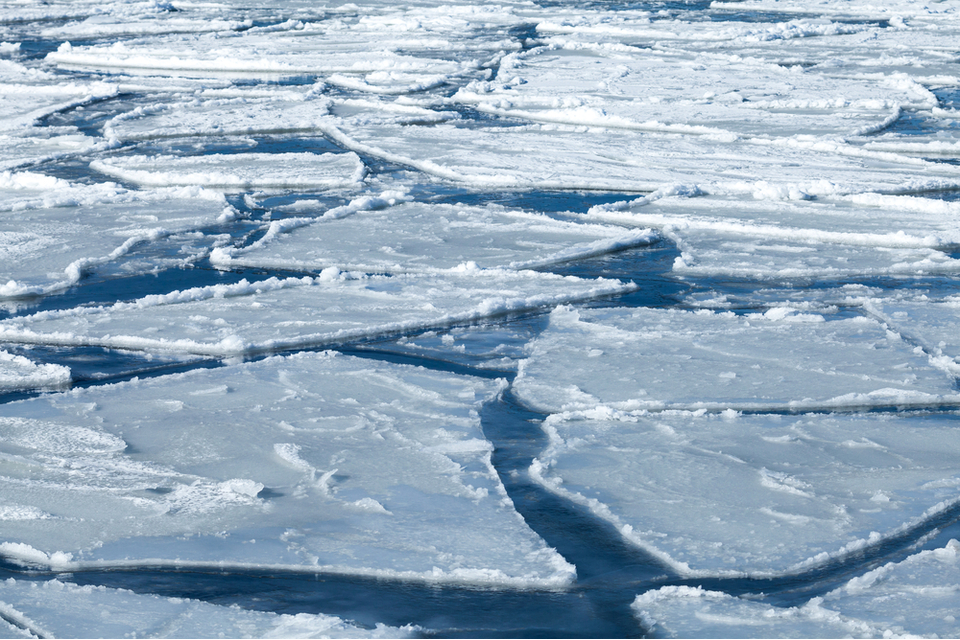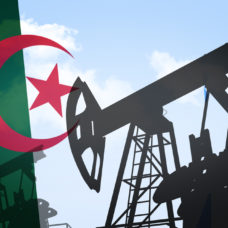A recent study revealed that the thawing Arctic ice is releasing a shocking amount of greenhouse gases.
Scientists have always known that previously frozen soil, known as permafrost, holds greenhouse gases. And as the ice thaw due to rising temperatures, the gases would enter the atmosphere.
However, a recent study of Alaska’s “drunken forests” by scientists Miriam Jones and Merritt Turetsky revealed something else. It turns out that warming of the permafrost would release far more emissions than previous studies suggested.
According to the researchers, roughly 5 percent of frozen ground in the Arctic will go through the process known as an abrupt thaw. And this could double permafrost’s contribution to global warming.
Lead author of the study and director of the Institute for Arctic and Alpine Research at the University of Colorado, Merritt Turetsky said:
“It’s a little change, but it can have a big punch.”
The researchers published their findings in the journal Nature Geoscience on Monday.
How the Thawing Arctic Ice Could Speed Up Global Warming
Permafrost holds nearly twice as much carbon as the atmosphere. And this is partly due to the decayed remains of plants and animals.
As alarming as that sounds, scientists don’t expect most of the frozen grounds in the world to thaw. Even if it occurs, studies pointed out that it would be gradual, over a decade.
That means the CO2 would be released slowly during the period, and some plants in the region would even take up portions of the gas.
Now the rising temperatures are causing the Arctics to melt faster than previously anticipated. What’s more, the dramatic ice melting is altering the landscape.
The ground slumps to fill the void that frozen water once occupied, which in turn creates divots in the Earth. Eventually, these divots would become a source of moisture — ponds and lakes — to speed up the thawing process.
Now here’s the problem.
The changes would cause the once ice-thick land to release stored carbon as methane. Since this greenhouse gas is 25 times more potent than carbon dioxide, it could speed up global warming significantly.
The Intergovernmental Panel on Climate Change released an estimate of how soon we need to stop fossil fuel burning to keep the warming down. Unfortunately, its estimate may not have fully accounted for permafrost emissions.
To hold the warming to 1.5 or 2 degrees Celsius, we may need to make the transition to renewable energy faster than we think.



















Comments (0)
Most Recent